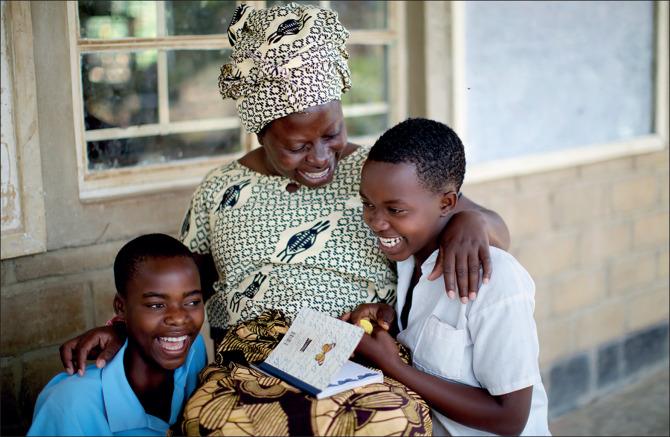
Background
The aim of this project is to create an evidence-base of critical factors that led to successful gender integration in government health programmes at regional or national level through a practice-based analysis of between 8-10 cases spanning the African, South Asian, and South-East Asian regions (roughly 2-3 case studies per region). This is with a view to identify transferable lessons and inform current and future health programmes in the respective regions to integrate gender perspectives more effectively. As such, this project will focus on government-led health programmes or programmes involving government collaboration.
To continue to improve health outcomes and realise the achievement of gender equality in global health, namely ensuring everyone has equal opportunities to optimise their health irrespective of their gender, it is important for global actors to exchange lessons learned and hard-won solutions with one another. Yet, there is limited documentation and information sharing on global, regional, and national spaces on good practices that promote gender integration in health programmes and health systems. As part of efforts to address this gap, the Gender and Health Hub (GHH) of the UNU-IIGH collaborated with five UN agencies with a health mandate (WHO, UNICEF, UNAIDS, UNFPA, and UNDP) to document and analyse what has worked institutionally and programmatically to promote gender equality in health based on 14 successful cases (see report titled What works in Gender and Health in the UN). Building on the work from the ‘What Works in Gender and Health in the UN’ study, which focused on successful cases from a multilateral perspective at headquarter and regional level, there is an opportunity to analyse and learn from regional and national examples of successful gender integration in government health programmes.
To this effect, UNU-IIGH is partnering with two leading regional public health institutes, the School of Public Health at the University of Western Cape in South Africa and Public Health Foundation of India through its Ramalingaswami Centre on Equity and Social Determinants of Health in India, to identify and analyse successful cases of gender integration into government health programmes to understand what worked, where, for whom, why, and how.

![smart2[1].png](https://unu.edu/sites/default/files/styles/card_view_small/public/2024-04/smart2%5B1%5D.png?itok=_-ZcLOM5)
